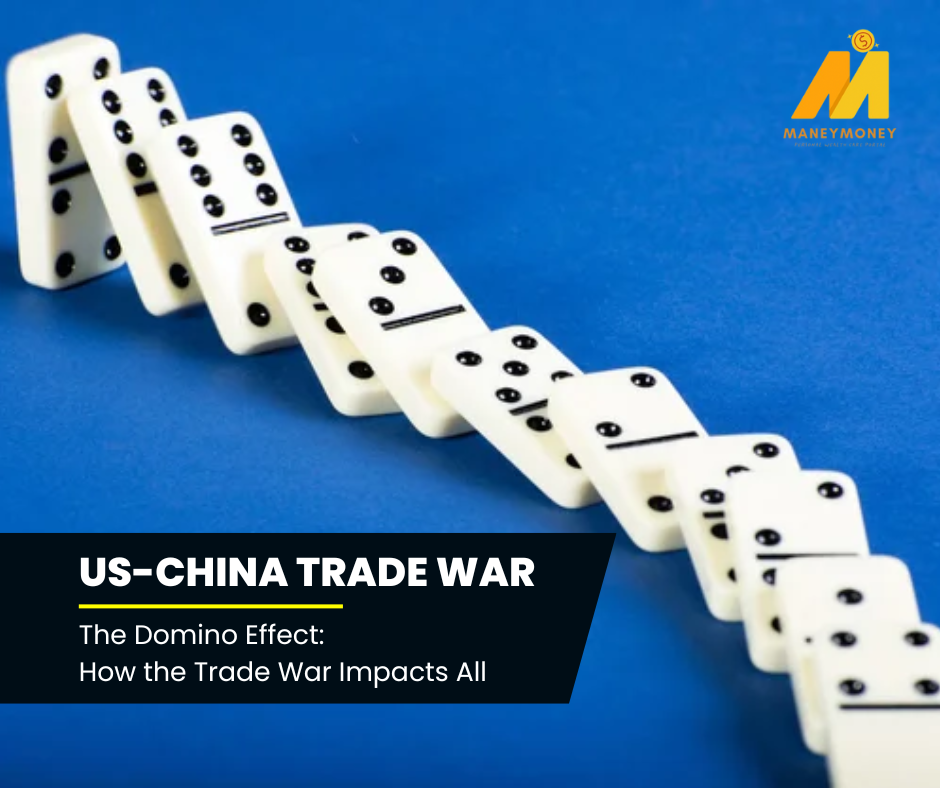The trade conflict between the United States and China began in January 2018 when U.S. President Donald Trump introduced tariffs and other trade restrictions on China. The U.S. claimed these actions were meant to address unfair trade practices by China. However, China believes the real reason was to slow down its economic growth. Chinese officials also said the trade war has hurt the global economy and blamed the U.S. for making talks harder.
In early April 2025, President Trump introduced new trade policies that further impacted the economic relationship between the U.S. and China and caused major changes in global markets. Here are some tariff escalations found:
Universal Tariffs: On April 2, 2025, the administration introduced a 10% tariff on all imports. This was meant to fix trade imbalances and protect national security. The high tariffs have already led to an estimated 0.2% loss in global merchandise trade and are projected to cause a significant fall in imports, potentially around $800 billion or 23% in 2025.
Increased Tariffs on China: Tariffs on Chinese imports were raised to 145%, which is marked as the highest trade penalties imposed by the U.S. in nearly a century. China responded with its own set of tariffs, including a 125% duty on U.S. imports.
Additionally, supply chains are experiencing severe disruptions, particularly impacting sectors like automotive, manufacturing, and electronics. Companies that rely on Chinese manufacturing or American consumers are experiencing higher production costs and reduced profitability. According to the statistics, the well-known stock markets like the S&P 500 and Nasdaq Composite face substantial declines on record, translating to trillions of dollars in lost market capitalization within a short period.
How’s the trade war expected to affect Thailand? Even though the U.S. hasn’t put high tariffs directly on Thailand, the trade fight with China is affecting around the world. This could possibly impact Thailand’s exports and make it harder for Thai businesses to get the supplies they need. Thailand's exports to other major markets like China, Japan, and Europe may also slow down due to the global trade war affecting their economies. Some institutions have lowered their predictions for Thailand’s economy in 2025 because of the trade war. Allianz SE now thinks Thailand’s economy will grow by 2.2% in 2025, down from 2.5% in 2024. The Bank of Thailand also expects growth to be lower than it first predicted.
Trade tensions between the U.S. and China continue to persist, even after President Trump’s time in office. Although the way that those tensions are expressed may have changed. There is still much debate about the long term effect that the tariffs have had on the economies of both nations. These ongoing tensions continue to influence global trade dynamics and raise concerns globally. It's clear that the ripple effects are being felt far beyond their borders and will likely continue to shape international trade for years.

Add New Comment